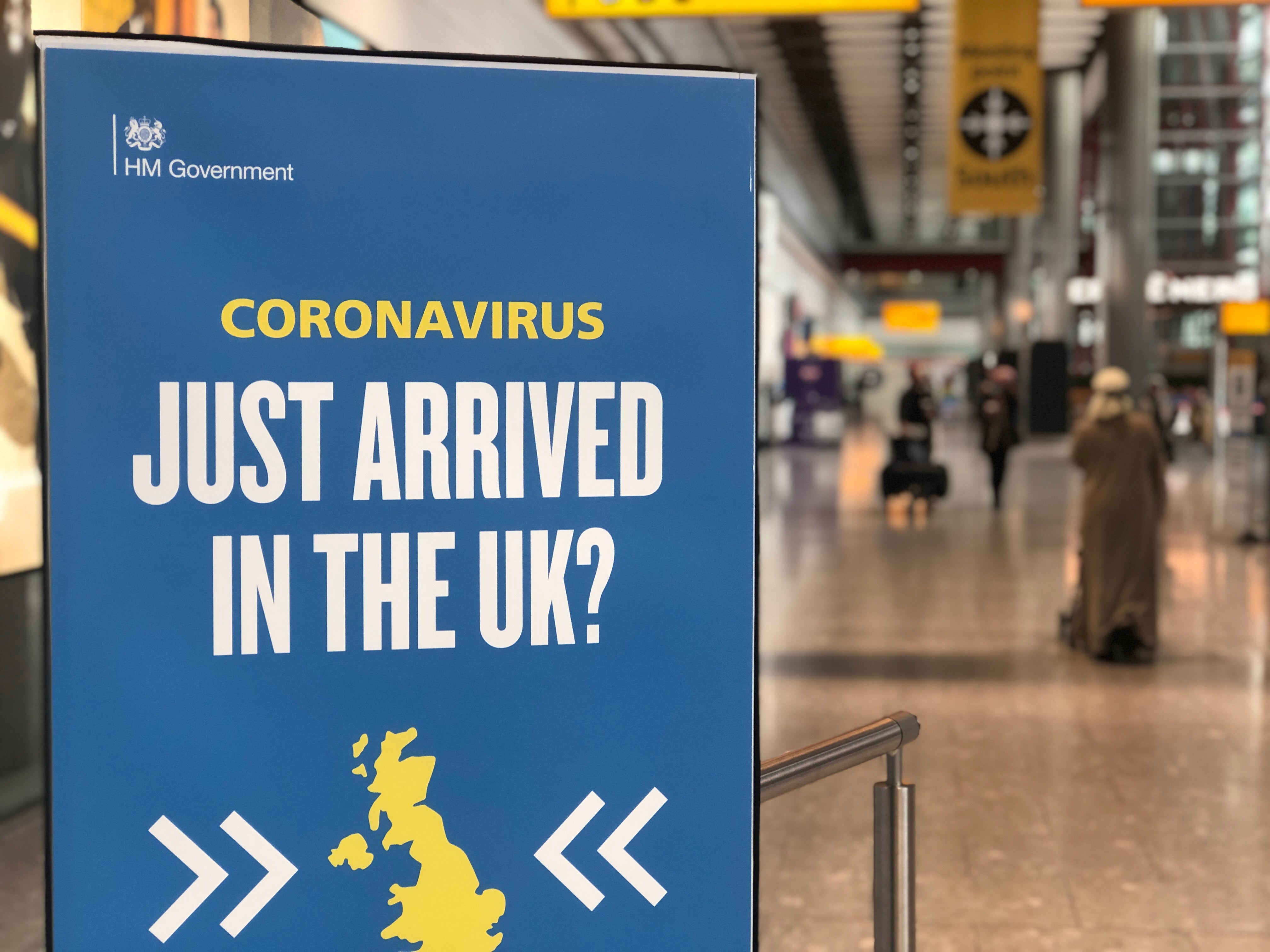In the weird world of travel 2020, every day is like Easter Sunday
Plane Talk: Make the most of these strange times

Back in the olden days of 2019 and earlier, there was one day in the calendar when passengers flying short-haul could more or less name their price – or at least when European airlines were unable to apply the normal rules of fixing a fare.
It was a moveable feast, sometimes in March, more usually in April: Easter Sunday, of course.
Some practising Christians may not wish to travel on the day that commemorates the resurrection. But with the greatest of respect to the Church, in a normal year there are more significant forces in airline pricing on that day than a disinclination to travel on spiritual grounds.
The dark art of airline revenue management involves pricing fares for specific flights according to actual and predicted demand, and the proximity of departure. If you book a popular weekend flight a day or two ahead, you can expect to pay far more than a midweek departure bought a month or two in advance.
Airlines generally fly a full schedule on Easter Sunday. But unlike a normal Sunday, at Easter business travellers rarely need to get into position ahead of Monday morning. Leisure passengers, whether on holiday or visiting friends or family, naturally want to extend their break as long as possible, taking advantage of the additional Monday bank holiday.
So there is a plentiful supply of seats, yet demand is way down on usual levels. The booking trend that revenue managers like to see, with planes filling steadily and fares rising inexorably towards the departure date, is unachievable.
A mid-afternoon flight from Edinburgh to London Heathrow on a normal Sunday might initially be priced at £50. But as the plane fills and departure nears, the fare between the Scottish and English capitals rises to £300, £400 and beyond.
At Easter, the principle that you can extract more than £1 per mile from time-pressed travellers never even gets taxiing. Yes, British Airways can try setting a £300 fare on Easter Saturday for the following day. But while normally there would be eager (or perhaps grudging) last-minute takers at this price, Easter Sunday sucks all the urgency out of travel. So that fare will have to drop deeply before someone wanders along and buys.
I was reminded of this last Thursday afternoon when I had the good fortune to be in Edinburgh with the intention of heading for London, but no actual ticket.
Train is the way to go, environmentally and aesthetically. Every half-hour, hundreds of empty seats depart from Waverley station in the Scottish capital, speeding around the broad shoulder of the eastern Borders and revealing fabulous views to almost nobody along the 400-mile journey to London King’s Cross.
But advance on-the-day rail fares are stubbornly set at £74, until the last train of the day – which crawls south and arrives at an unaesthetic 1.13am.
I had been keeping an eye on British Airways’ air fares to Heathrow, which seemed to be bouncing around all over the place. The highest was £403, for the 7.15pm departure from the Scottish capital. The flight an hour later was just £85, a perfect example of how patience can pay (at a rate of saving more than £5 per minute).
I was looking for something earlier, and saw that £85 price for the 3.15pm, too. No, wait – with three hours to go, it suddenly dropped to £57.
In the weird world of travel in late October 2020, it seems every day is like Easter Sunday, which brings big advantages for the impetuous traveller. Make the most of it: when the coronavirus crisis abates and something like normality returns to aviation, there will be fewer flights and higher fares.
Except on Easter Sunday. For that date in 2021, 4 April, British Airways is selling that same departure for £62. I shall check the price again on the day; meanwhile, don’t rush to book.
Join our commenting forum
Join thought-provoking conversations, follow other Independent readers and see their replies
Comments



Bookmark popover
Removed from bookmarks